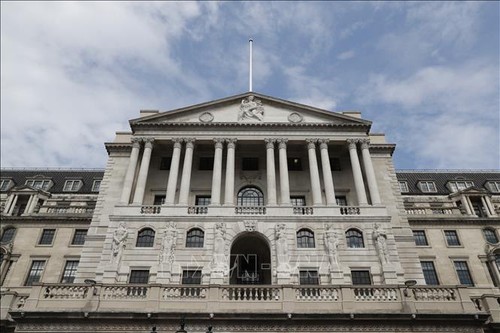 The Bank of England (Photo: AFP/VNA) The Bank of England (Photo: AFP/VNA) |
"There has been significant upside news in recent data that indicates more persistence in the inflation process,” the BOE’s Monetary Policy Committee said, adding that second-round effects in domestic price and wage developments generated by external cost shocks are likely to take longer to unwind than they did to emerge.
British Prime Minister Rishi Sunak has made reducing inflation a priority for the Conservative government ahead of next year's general election. Sunak wants inflation to fall to 5% by the end of the year, or half of what it was at the beginning of this year.
Experts forecast interest rates in the UK will rise to 6% by the end of this year, which could push its economy into recession.
The BoE's decision to raise interest rates follows the European Central Bank’s move to raise interest rates last week to 3.5%. The Central Banks of Sweden and Norway made a similar move on Thursday.